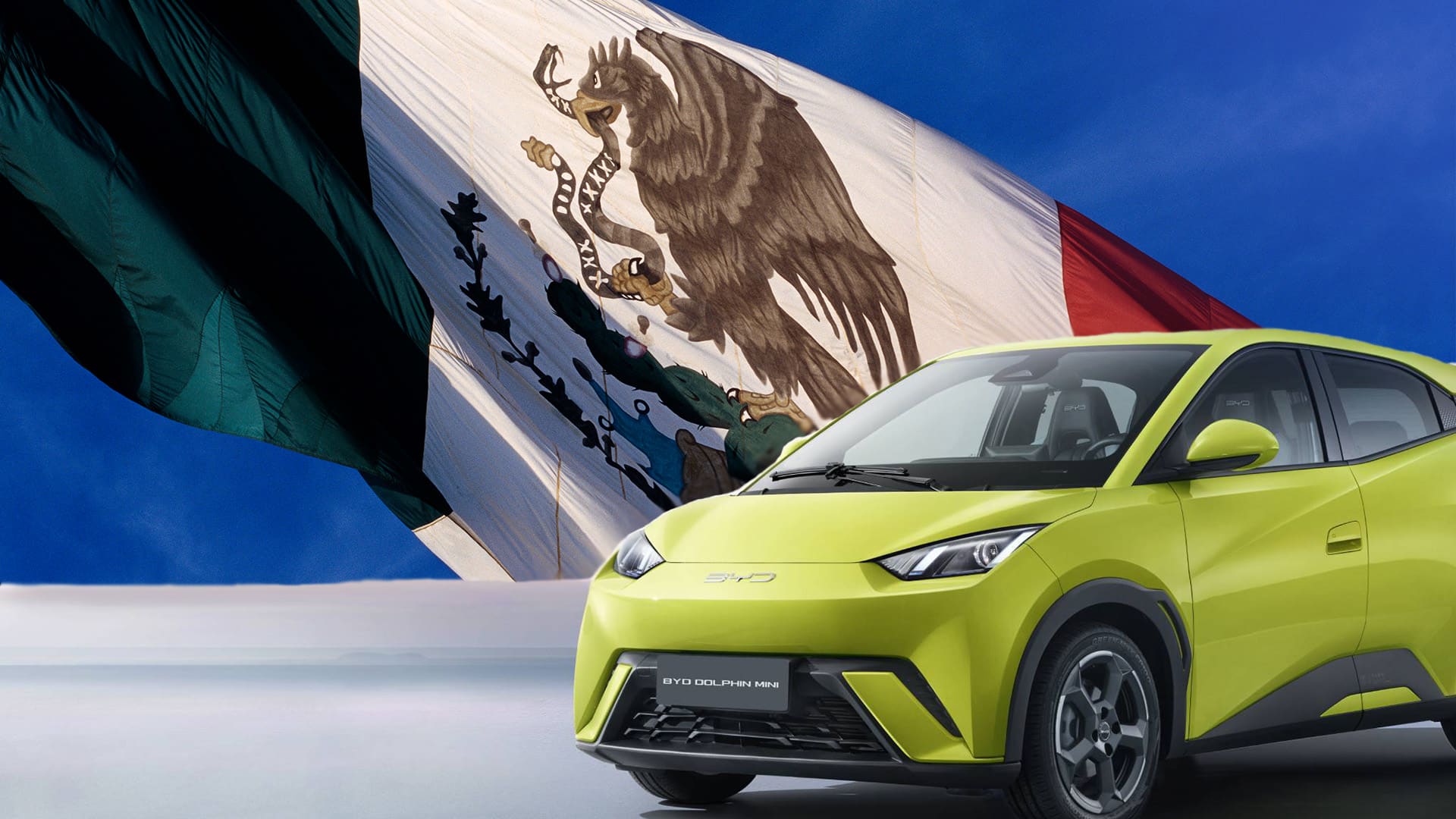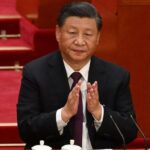Blocked from the U.S. by tariffs, Chinese electric vehicle makers have looked elsewhere to sell their high-tech cars. But as Mexico has emerged as a hot spot for Chinese EVs, Washington officials worry the country may be used as a “backdoor” to the U.S. market.
Last year, China was the leading car supplier to Mexico, exporting $4.6 billion worth of vehicles to the country, according to the Mexican Ministry of Economy. Even customers wary of EVs have been won over by affordable price tags. Tesla rival BYD sells its Dolphin Mini in Mexico for around 398,800 pesos, or about $21,300, a little over half the price of the cheapest Tesla.
“The Chinese automakers came to the country very aggressively,” said Juan Carlos Baker, former Mexican deputy minister for international trade. “They have very good promotions. It’s a good product that sells at a very reasonable price.”
Some Chinese EV makers, including BYD, have been looking for a further foothold in North America by exploring factory sites in the Mexican states of Durango, Jalisco and Nuevo Leon. The foreign investment would be an economic boost for Mexico. BYD has claimed that a plant there would create around 10,000 jobs.
But U.S. officials worry this could be a part of a larger strategy by Chinese automakers to skirt trade restrictions and enter the American market.
“Mexico is an attractive production platform, not only for Chinese companies, but for other companies as well, in part because of that free trade access that it has to the American market,” said Scott Paul, president of the Alliance for American Manufacturing. “And it can do something that in trade terms is called circumvention.”
That free trade access is part of the United States-Mexico-Canada Agreement (USMCA), a revised iteration of the North American Free Trade Agreement (NAFTA) that removed tariffs on many goods traded between the North American countries starting in 2018. Under the agreement, if a foreign auto company manufactures in either Canada or Mexico and can prove that the building materials are sourced locally, the goods can be exported to the U.S. virtually duty-free.
“We’ve seen China do this in other types of manufacturing as well, from appliances to auto parts to steel,” said Paul. “For more than a decade now, China, the United States have been playing a high-stakes game of whack-a-mole when it comes to trade policy tariffs.”
While meeting the USMCA requirements is difficult, the potential scenario terrifies U.S. lawmakers and auto companies.
“If [Chinese EV makers] are able to set up in Mexico, they would definitely pose an imminent threat to American automakers, if for no other reason, because their costs would be lower,” said Michael Dunne, CEO of Dunne Insights.
In May, President Joe Biden announced a 100% tariff on Chinese EVs.
“We [the U.S.] are just starting to scale up our EV industry, so it’s what I call an ‘infant industry,'” said Paul. “And like any infant, it’s at a very delicate time in terms of development and has to be massively protected.”
Experts say pressure from the U.S. leaves Mexico in a difficult position of maintaining its crucial relationship with America without being overly friendly to Chinese investment.
CNBC reached out to the Mexican government, as well as Chinese automakers BYD, SAIC and Chery. None responded to our request for comment.
Watch the video to learn more about how Mexico has become a hot spot for Chinese auto companies and how the next administration may impact EV trade policies.














